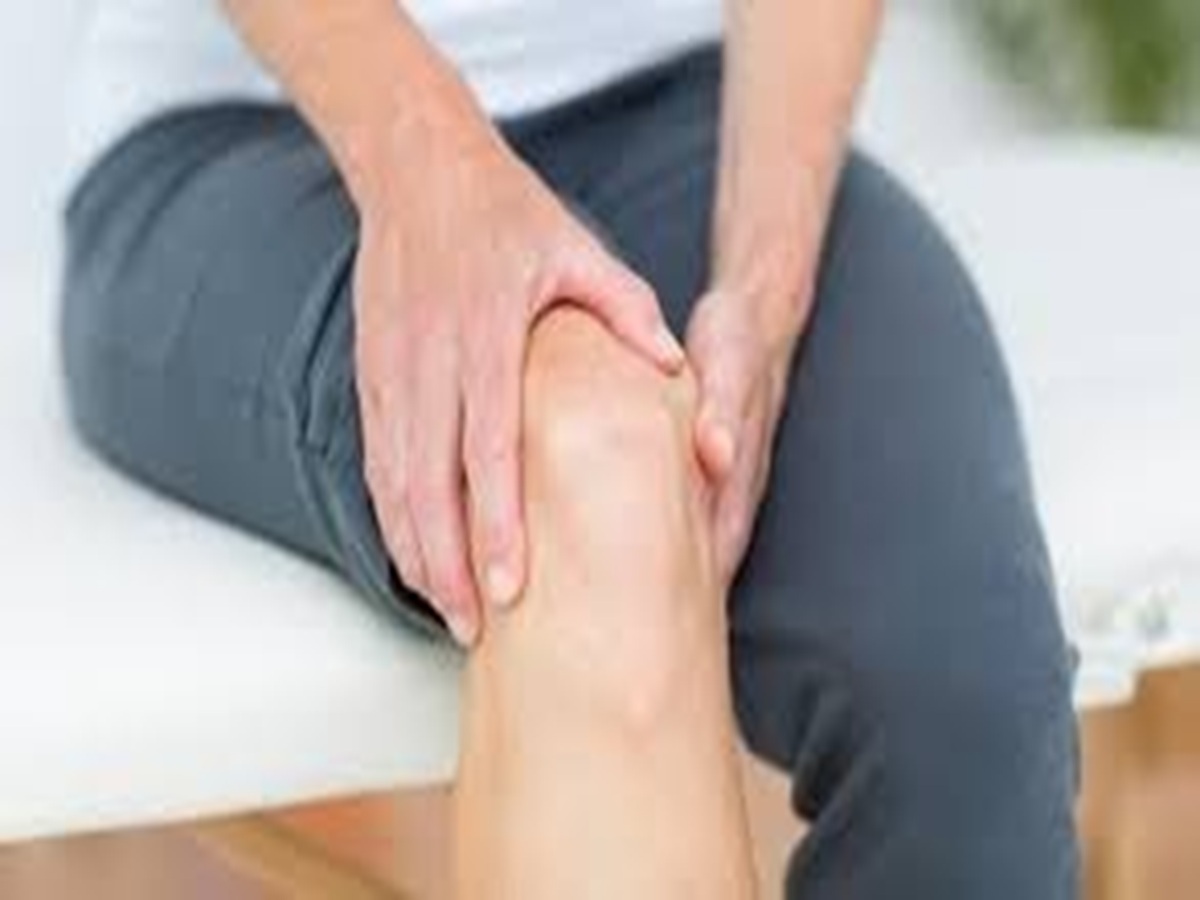
Suspense Crime, Digital Desk : That nagging ache in your legs might be more than just tiredness or a muscle strain. If you're experiencing burning, tingling, or sharp, shooting pains, your body could be sending you a warning sign about an underlying health issue. This type of discomfort, known as nerve pain or neuropathy, should never be ignored.
Here are five potential causes of nerve pain in the legs that require medical attention.
1. Diabetes and Nerve Damage
One of the most common causes of leg nerve pain is diabetic neuropathy. When blood sugar levels remain high for extended periods, they can damage the delicate nerve fibers throughout your body, especially in the legs and feet. This damage can cause a range of sensations, from sharp pain and burning to tingling and numbness, which can be dangerous as it may mask injuries.
2. Sciatica: A Problem That Starts in Your Back
Sciatica is a specific type of nerve pain caused by irritation or compression of the sciatic nerve—the longest nerve in your body, running from your lower back down through your legs. The problem isn't in your leg itself, but often stems from a herniated disk, spinal stenosis (narrowing of the spine), or a bone spur in your back pressing on the nerve. This typically results in a sharp, radiating pain that travels down one leg.
3. Vitamin B12 Deficiency
Vitamin B12 is essential for maintaining a healthy nervous system. It plays a key role in protecting nerve fibers. A significant deficiency of this vitamin can lead to nerve damage, causing symptoms like pins and needles, numbness, and pain in the hands and feet. People on strict vegetarian or vegan diets, as well as older adults, are at a higher risk and should monitor their B12 levels.
4. Peripheral Artery Disease (PAD)
This condition is a circulatory problem, not a primary nerve issue, but it directly causes nerve pain. In PAD, arteries in the legs become narrowed or blocked by plaque, reducing blood flow. Nerves, like all tissues, need a steady supply of oxygen-rich blood to function properly. When they don't get enough, it can cause pain, cramping, and weakness, particularly during physical activity like walking.
5. Excessive Alcohol Consumption
Long-term, heavy alcohol use can be toxic to nerve tissue, leading to a condition called alcoholic neuropathy. Alcohol can interfere with the body's ability to absorb essential nutrients, further contributing to nerve damage. This results in pain, tingling, and weakness, typically starting in the feet and legs.
Read More: The Ultimate Gujiya Storage Guide How to Make Your Festive Treats Last Longer

 Share
Share
_1152292510_100x75.jpg)

_1445939941_100x75.jpg)
